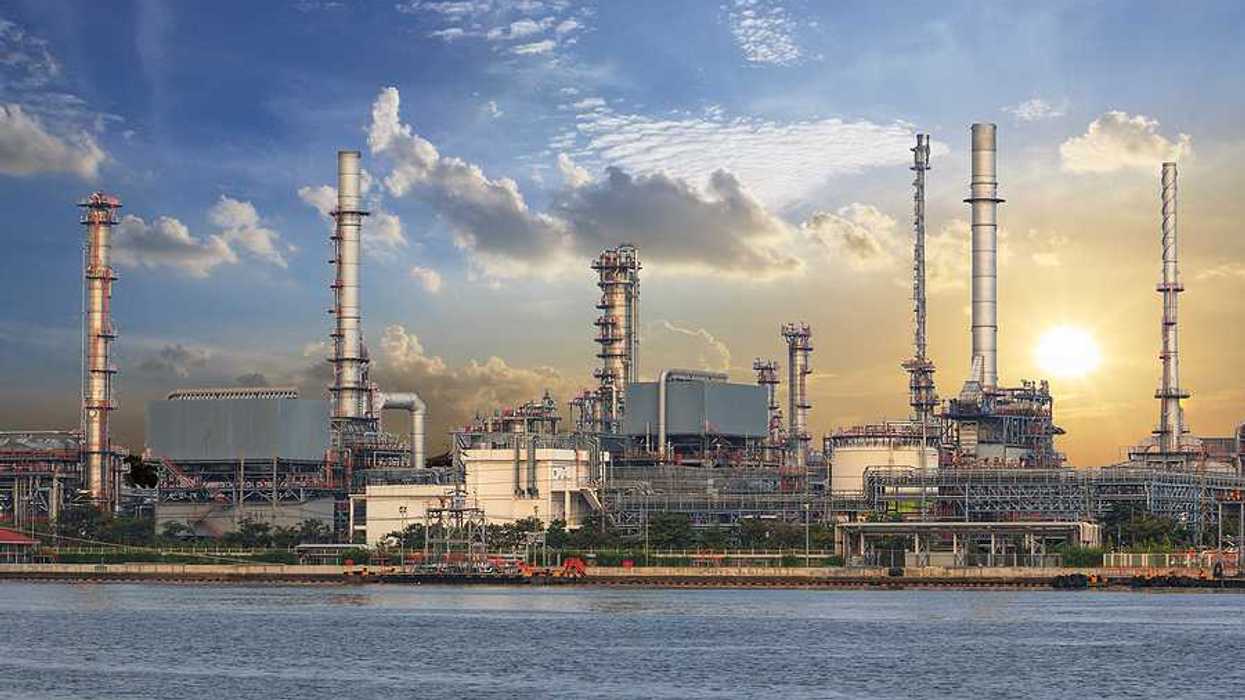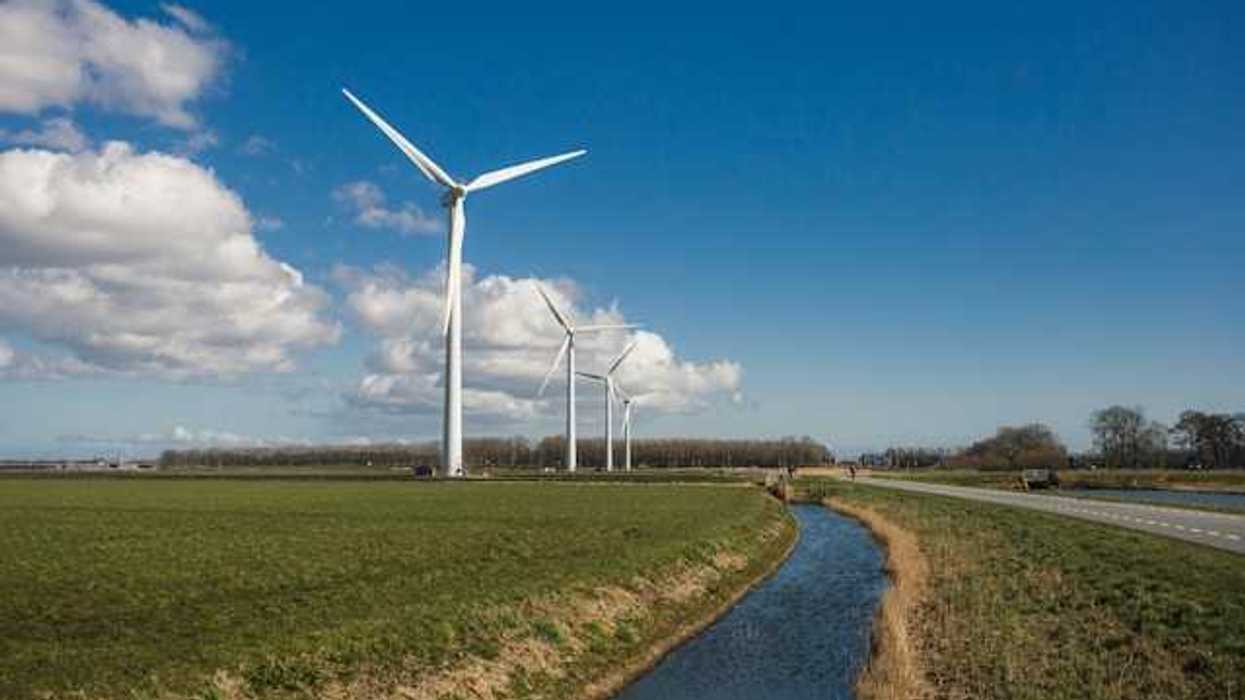Greenland’s massive ice sheet is developing deeper, wider cracks at an accelerating rate, raising concerns about rising sea levels and the stability of polar ice.
Olivia Lee reports for The Guardian.
In short:
- Researchers analyzed 8,000 high-resolution satellite maps from 2016 to 2021, finding that ice crevasses are expanding at an unprecedented pace.
- Greenland’s melting ice has contributed about 14mm to global sea levels since 1992, driven by rising air and ocean temperatures.
- Scientists warn that current models struggle to predict the full impact of these changes, which could lead to significant sea level rise by 2100 and beyond.
Key quote:
“... we desperately need to be better able to project sea level rise, because we need to be able to plan, to mitigate and adapt to sea level rise over the next three centuries.”
— Dr. Tom Chudley, Durham University
Why this matters:
As glaciers retreat and chunks of ice break away, more freshwater is pouring into the ocean, accelerating sea level rise. Scientists have long warned that rising seas threaten coastal cities, but new research suggests previous estimates may have underestimated the speed and scale of the changes to come. For communities on the front lines — from Miami to Jakarta — poor predictions could mean the difference between preparing for gradual change and being caught off guard by catastrophic flooding. Higher seas don’t just erode shorelines. They push saltwater into drinking supplies, weaken infrastructure and increase the reach of storm surges during hurricanes and typhoons.
Related: Why Greenland’s warming landscape is fueling geopolitical tensions














